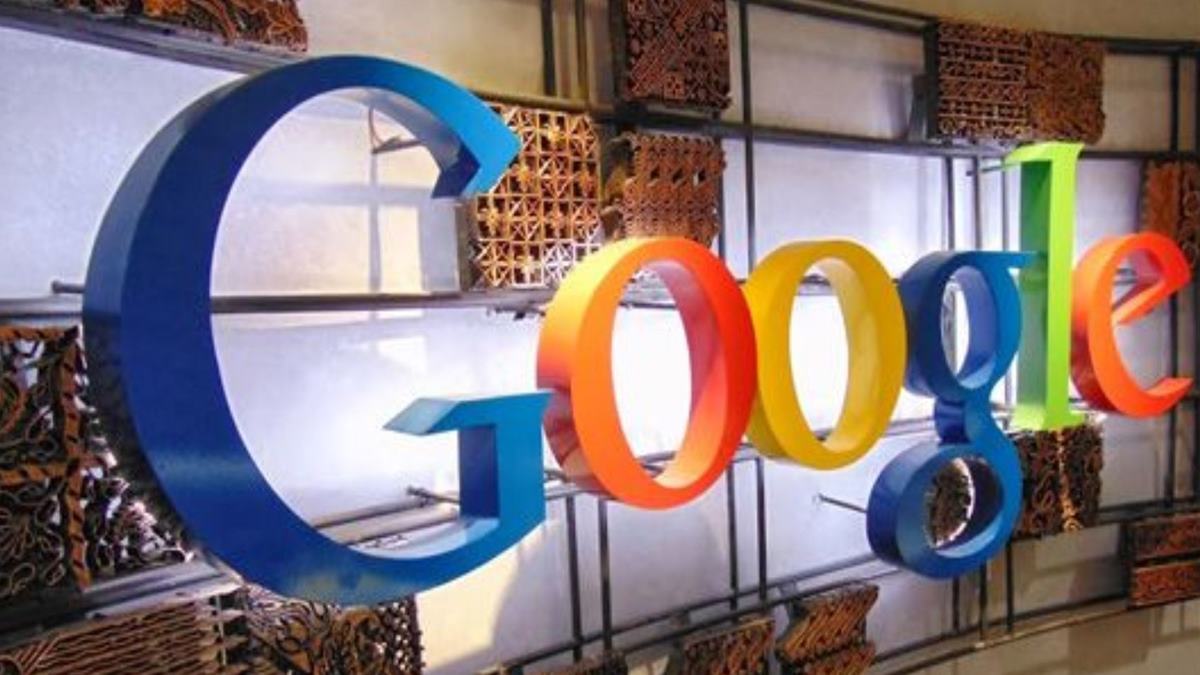Many recent college graduates are struggling to get their foot in the door in the workforce, as economic uncertainty, a tight job market and growing AI adoption have many employers hitting the brakes on hiring, especially for entry-level roles.
College students worried about their career prospects in a workforce being transformed by AI should focus on developing skills that’ll endure through such an upheaval, says Airbnb CEO Brian Chesky. He recently shared some advice for college students navigating this challenge today.
“People should study things they’re interested in, and they should develop skills they’ll always need,” Chesky said in an interview with ABC News last week. “You’re always going to need to learn how to solve problems. You’re always going to need to learn to develop leadership skills in most positions, so start a club, do something. You’re going to always need to learn to think critically and communicate very clearly.”
While AI is poised to transform much of how we work, Chesky thinks “some things will never change.”
“People are going to want connection, people are going to still want relationships. Leadership is still going to matter,” he said.
How does he define a good leader? “A good manager communicates clearly. They have clear objectives. They’re really, really organized.”
In order to cultivate these leaders, Chesky said it’s important companies keep hiring for entry-level roles, rather than replacing humans with AI in those positions. An analysis from workforce intelligence firm Revelio Labs found that entry-level job postings fell roughly 35% from January 2023 to June 2025.
“If no young people can get jobs then you have no one in the future to do the highly strategic, leadership positions,” he said. “So we need to make room for people early in their careers, even if AI can kind of do the interns’ work.”
While AI models “can do a lot of lower level, more entry-level position jobs,” they also “have trouble with a lot of novel thoughts” and “need to be told what to do every step of the way,” he added.
CEOs like Meta’s Mark Zuckerberg have said AI will be able to accomplish lower- to -mid-level staffers’ work in the near future and hinted at AI’s impact on their workforces long-term.
Amazon CEO Andy Jassy, for example, wrote in June that the company expects to “reduce our total corporate workforce as we get efficiency gains from using AI extensively.” The company in October subsequently announced layoffs affecting 14,000 employees, citing AI “enabling companies to innovate much faster than ever before” and Amazon’s conviction that it needs to be “organized more leanly, with fewer layers and more ownership.”
In the end, trying to bet on what industries will be safest from AI disruption in the coming years is “a losing proposition,” Chesky said. The way to navigate any workforce change from AI is to “just keep moving forward.”
“I would use the AI tools, but I wouldn’t try to predict where the world’s going because all of our predictions have been wrong,” he said. “Four years ago, no one was talking about AI. So it’s hard to predict exactly where the world will be in five years. So I just think, try to learn the things you think will always be true regardless of technology, and just follow your curiosity.”




















